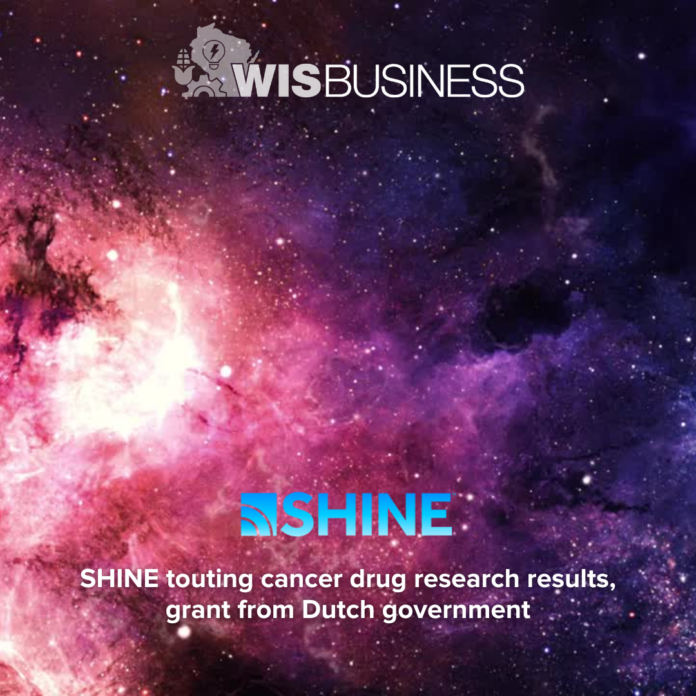Early research on cancer drugs that use SHINE Technologies’ Illumira product found they could extend patients’ lifespans and more effectively treat kidney and prostate cancer, the Janesville company announced.
The business and WARF Therapeutics, the drug discovery program of the Wisconsin Alumni Research Foundation, recently released findings from research conducted at UW-Madison’s Advanced Radiotheranostics Lab. It focused on two treatments: WT-7695 and ART-101.
Both include SHINE’s non-carrier added lutetium-177 chloride, called Illumira. The radioactive isotope Lu-177 can kill cancer cells with a strong dose of radiation guided by “cancer-seeking radiopharmaceutical agents,” while sparing healthy tissues.
SHINE CEO and founder Greg Piefer says the research fundings offer “further validation that Ilumira is more effective than the standard of care” for treating cancer.
“We’re on the verge of an amazing frontier in cancer treatment,” Piefer said in a statement. “I believe we’re going to move from merely fighting disease progression to actually curing patients.”
Results for one of the cancer drugs, WT-7695, found “unprecedently high tumor uptake” over a 24-hour period and significant retention in tumors after seven days, the release shows. Studies of its treatment applications found major tumor regression and a 100% survival rate in a mouse model for kidney cancer. More studies on the drug are planned for early 2025.
At the same time, the ART-101 drug for prostate cancer was found to perform better than the current standard therapy, resulting in “superior tumor growth inhibition” compared to other radiopharmaceuticals. It causes about three times as much Lu-177 reaching tumors and staying there for an extended period, the release shows. SHINE says the results “set the stage for human trials” to determine how it could help prostate cancer patients.
Dr. Reinier Hernandez, assistant professor of medical physics and radiology at UW-Madison, is the principal investigator for the studies. He says radiopharmaceuticals are becoming increasingly important for cancer treatment “given their meaningful clinical activity and high tolerability” compared to chemotherapy.
“This is very exciting for the future of cancer treatment, and we have just begun to scratch the surface,” he said in a statement.
Meanwhile, SHINE is also touting a grant of about $11.3 million awarded by the Dutch government to University Medical Center Groningen and SHINE Europe, the company’s European subsidiary. The funding is going toward the “Terbium for Life” project, which aims to improve Europe’s cancer treatment capabilities and strengthen the continent’s supply chain for medical isotopes.
The effort aims to establish a European supply chain for terbium isotopes, which have similar properties to Lu-177. Terbium-161 has been found to “extend lifetimes, improve quality of life, and result in fewer side effects” for cancer patients, according to a release.
“This grant will go a long way in supporting our work, alongside UMCG, to provide European patients with easier access to promising new therapies that can support their ongoing fight against cancer,” said Harrie Buurlage, vice president of strategic alliances at SHINE Europe.
See more on the research results.
Listen to a recent WisBusiness podcast with Piefer.






